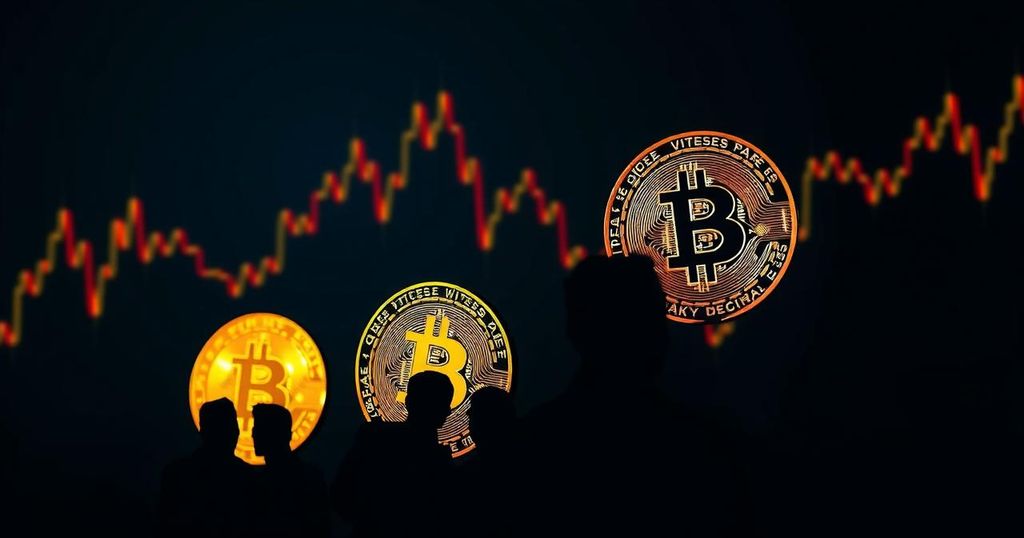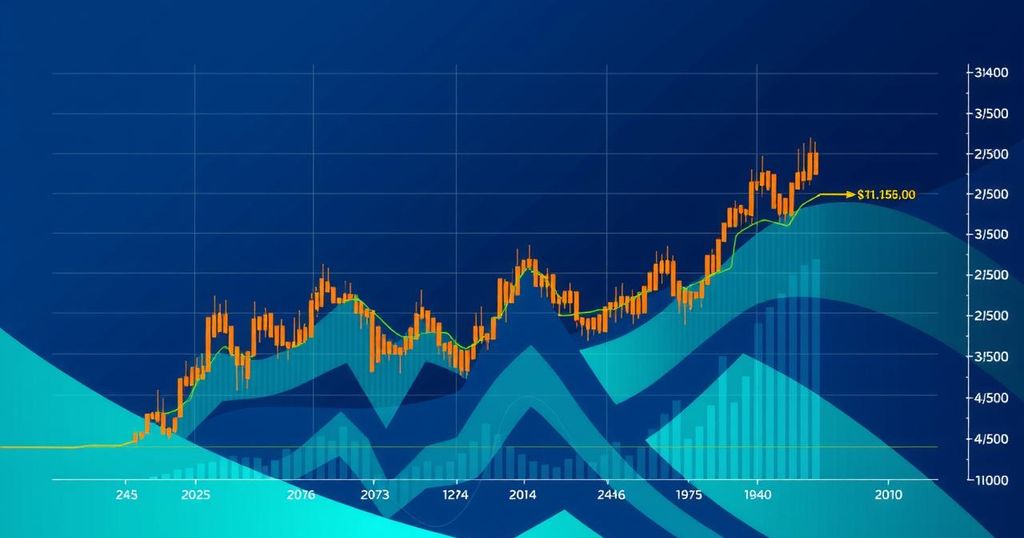Arthur Hayes: Rate Cuts Alone Will Not Prop Up Bitcoin
In a recent analysis, BitMEX co-founder Arthur Hayes presented a nuanced perspective regarding the anticipated interest rate cuts by central banks, including the Federal Reserve, the Bank of England, and the European Central Bank. While Federal Reserve Chairman Jerome Powell signaled a forthcoming pivot in monetary policy—a development that many perceive as advantageous for Bitcoin—Hayes cautioned against simplistic interpretations of this economic shift.
Hayes articulated that the potential reductions in interest rates could diminish the interest rate differential between the major currencies and the Japanese yen. He noted that the initial market response, described as a “sugar high,” following Powell’s affirmation that conditions may warrant interest rate cuts, indicated a shift in market sentiment towards potential recession as opposed to inflation.
Historically, lower borrowing costs tend to encourage investors to engage in riskier assets, such as stocks and cryptocurrencies, as evidenced by Bitcoin’s remarkable ascent from March 2020 to April 2021. However, Hayes warned that a concurrent decline in the dollar’s value, alongside weakening currencies like the euro and pound, could bolster the yen and lead to an unwinding of the “yen carry trade.” This trade, where investors borrow at lower rates in Japan to invest in stronger global assets, might face significant repercussions in global markets.
A precursory unwinding of this trade was observed in early August when the Bank of Japan raised its interest rates for the first time in seventeen years, contributing to Bitcoin’s brief dip below $50,000. Following this, Hayes encouraged his audience to “buy the dip,” as the central bank quickly signaled a pause in further rate increases amidst market volatility.
Looking ahead, he speculated that should the U.S. market encounter distress, the Federal Reserve might also choose to expand its balance sheet, increasing the money supply as a response to a crisis. He asserted that this potential influx of liquidity could establish a favorable trading environment for cryptocurrency, irrespective of immediate economic challenges.
In conclusion, while Hayes acknowledges that monetary expansion may benefit Bitcoin due to its finite supply, he advocates for a more comprehensive evaluation of the interplay between interest rate changes and global market dynamics. His insights encourage investors to remain vigilant and consider the broader economic implications of monetary policy adjustments.








Post Comment